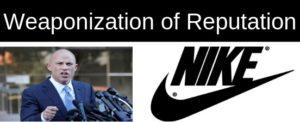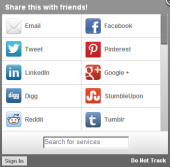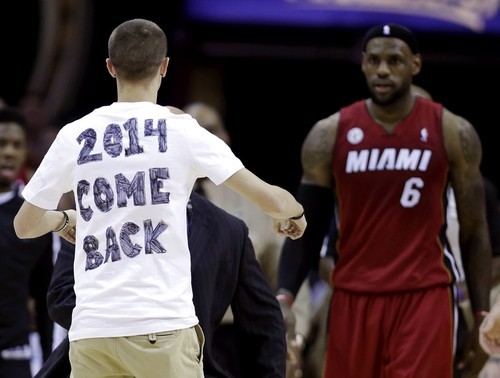 British royalty news is usually not my cup of tea, but last week a reporter asked my opinion about the “delayed announcement” of the impending birth of Prince Harry and Meghan Markle’s baby. Harry and Meghan are breaking from recent tradition and will not offer a photo opportunity for the press on the day after the baby’s birth — as has been the case with William and Kate’s children. (I’m not big on protocol, so I’m calling the princes, dukes and duchesses by their first names.) While this may seem like tabloid gossip and blog author pandering, the media relations strategy surrounding the birth provides a lesson in controlling your narrative while also shedding light on how social media attitudes might be evolving.
British royalty news is usually not my cup of tea, but last week a reporter asked my opinion about the “delayed announcement” of the impending birth of Prince Harry and Meghan Markle’s baby. Harry and Meghan are breaking from recent tradition and will not offer a photo opportunity for the press on the day after the baby’s birth — as has been the case with William and Kate’s children. (I’m not big on protocol, so I’m calling the princes, dukes and duchesses by their first names.) While this may seem like tabloid gossip and blog author pandering, the media relations strategy surrounding the birth provides a lesson in controlling your narrative while also shedding light on how social media attitudes might be evolving.
First, the scuttlebutt on the big reveal. Obviously, the birth of a new royal baby is widely anticipated news, but it is monumental in the United Kingdom. Harry and Meghan’s child will be seventh in line to the throne and in the spotlight forever. After the birth of the most recent royal babies, William and Kate had a public photo op on the steps of the hospital the day after the little ones were born. Kate set an unbelievably high bar. This satiated the British press and the royal-loving public around the world. Meghan and Harry are saying “nope.” Can you blame them? After my kids were born, I was exhausted and all I did was watch and get my hand nearly clenched off. In my opinion, the last thing new mothers want to do is get their hair done and step out in high heels for pictures. Most new moms want to be home in their pajamas and slippers with only their newborn and immediate family. I’m guessing Meghan feels this way – and Harry will agree if he chooses to remain married.
Some will say the royals have an obligation to cater to the media, but few people owe less to the press than Harry. Crazed reporters and paparazzi contributed to the chaotic scene which led to the death of his mother. Recently, he has said he has a low opinion of social media: “Social media is more addictive than drugs and alcohol, yet it’s more dangerous because it’s normalized and there are no restrictions to it.”
All signs point to Meghan and Harry setting a new standard for media relations. They have shown they won’t kowtow to the British media. My guess (with a big nod to my The Crown loving wife) is that they will release the first photos of the new baby on their Instagram account for everyone to see – with no special treatment afforded to the traditional press. They are making the rules, controlling the narrative and not giving a darn what anyone thinks of it.
More importantly, this could be a sign that the social media pendulum might be changing its arc. Too often today, celebrities and regular people alike over-share on social media. I have regularly said in my online reputation presentations that we need to resist the urge to digitally document everything that we do. We are not that interesting! Everything we do does not deserve to be tweeted, Instagrammed or Facebooked. My hope is that actions taken by Harry and Meghan will filter down to the rest of us commoners.
My favorite part of this is that the lessons – set your ground rules, be transparent and don’t back down – are coming from an unborn royal baby.
–John


 Originally published on
Originally published on 




